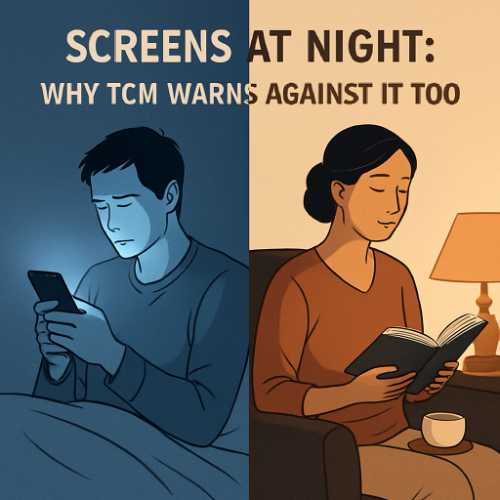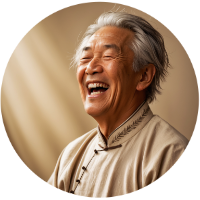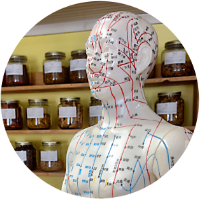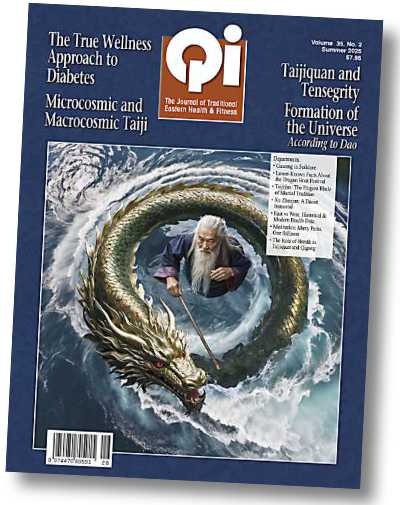Screens at Night:
Why TCM Warns Against It Too
We’ve all done it. One last email before bed. A few minutes scrolling social media. Maybe an episode (or two) of your favorite show. Screens are woven into our evenings—and our culture.
But both modern research and Traditional Chinese Medicine (TCM) suggest it’s worth rethinking that nighttime routine.
From a Western perspective, the issue is mostly about blue light. The glow from phones, tablets, and televisions interferes with melatonin production, the hormone that helps regulate sleep. Studies show that screen exposure at night can delay sleep onset, reduce sleep quality, and even shift your circadian rhythm over time.
Traditional Chinese Medicine, developed long before electricity or smartphones, doesn’t mention pixels or hormones. But it does offer a surprisingly similar warning. In TCM, the night is a time of yin—rest, quiet, and repair. The body’s shen (神), or spirit, housed in the Heart, should retreat inward at night to allow peaceful sleep and restoration.
Screens do the opposite. They stimulate the mind and scatter the shen. Instead of turning inward, your spirit is drawn outward, pulled into light, sound, and information. In Chinese terms, this disrupts the natural transition from yang activity to yin stillness.
The Liver, too, plays a role here. TCM views the Liver as responsible for the smooth flow of qi and emotions, and it’s particularly active at night. If mental activity or emotional stimulation continues too late—think news headlines, emails, or intense dramas—the Liver qi may become stuck or agitated. This can lead to difficulty falling asleep, vivid dreams, or waking in the early hours.
The idea isn’t new. As early as the Huangdi Neijing (Yellow Emperor’s Inner Classic), written more than two thousand years ago, Chinese physicians emphasized the importance of rest after sunset. In the Suwen (Plain Questions, chapter 1), it’s noted that the Liver "stores the blood" and "opens into the eyes," meaning that prolonged eye activity—especially at night—can drain Liver blood and scatter the shen (spirit) housed in the Heart. The text implies that overuse of the eyes after dark not only exhausts the body’s resources but interferes with the inward movement of energy needed for proper sleep. In other words, the ancient sages were already cautioning against what we now call screen time—centuries before LED displays were invented.
Today, science echoes some of these ideas. A 2014 study from Harvard Medical School found that people reading on backlit screens before bed took longer to fall asleep, had less REM sleep, and felt sleepier the next morning compared to those who read printed books. In essence, the research caught up with ancient intuition.
So what’s a modern, tech-connected person to do?
You don’t need to throw away your phone. But consider setting a time to unplug each evening—maybe 30 minutes before bed. Dim the lights. Make a cup of warm tea. Read a book or simply sit quietly. These small changes help your shen settle, your Liver relax, and your body move gracefully into the rhythm of night.
It’s not about perfection, but awareness. Even a small shift toward stillness can make a big difference.









